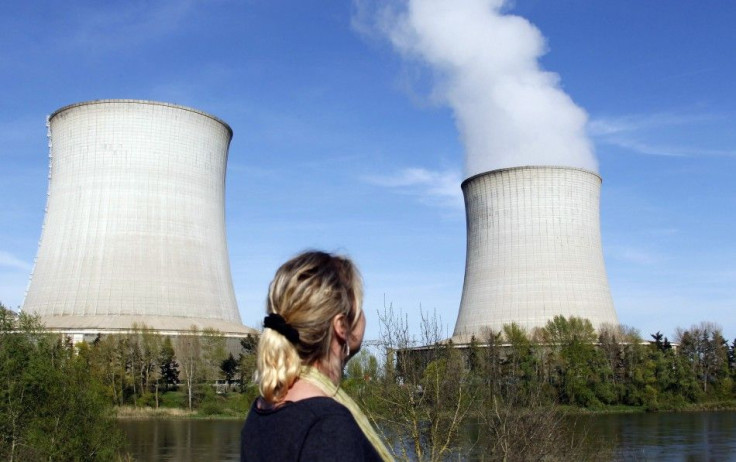Earthquakes Endanger Nuclear Reactors More Than Previously Estimated

America's nuclear power plants are more vulnerable to earthquakes causing catastrophic disasters than previously thought, according to an Associated Press analysis of government data.
While the risk of a severe accident remains low, regulators said that 27 of America's 108 reactors are due for upgrades that would shield them against powerful earthquakes. The Nuclear Regulatory Commission's review of earthquake risk for the nation's aging nuclear plants was the first since most of the plants were built -- nuclear sites do not need to undergo a seismic risk review when they apply for new licenses.
The plants were more vulnerable than they realized, but they weren't unsafe. We look at rare, rare events, Nuclear Regulatory Commission seismologist Annie Kammerer told the Associated Press.
In e-mails obtained by the AP, experts worried that plants needed better safeguards against worse case scenario situations, citing predictions of larger-than-usual quakes.
Isn't there a prediction that the West Coast is likely to get hit with some huge earthquake in the next 30 years or so? Yet we relicense their plants, Brian Sheron, who heads the NRC's Office of Nuclear Regulatory Research, wrote to a colleague.
Earthquakes pose the greatest hazard to water reservoirs and mechanical and electrical equipment that comprise a plant's cooling system, something that is essential to prevent a meltdown of radioactive fuel. Staff emails posited solutions like stronger pipes or more measures to protect electrical equipment from water damage.
A previous investigation by the AP revealed serious lapses in the management of America's nuclear power plants, as regulators manipulate regulations to allow deteriorating plants to remain up to code. Nearly three in four U.S. nuclear sites are leaking a potentially carcinogenic known as tritium.
© Copyright IBTimes 2024. All rights reserved.











